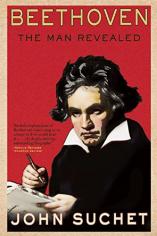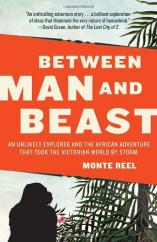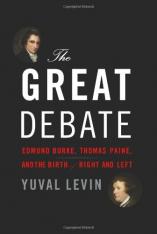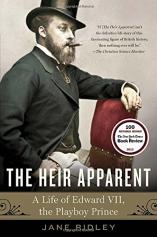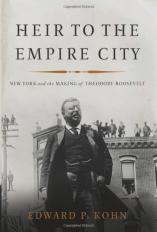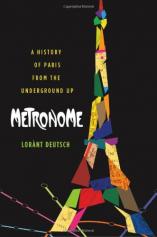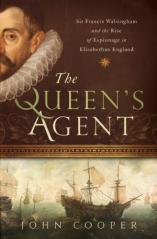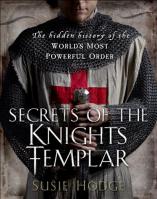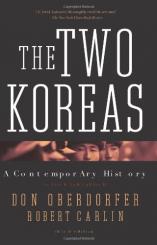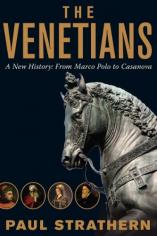December 2013
History Books Roundup: Reliving the Past
December 2013

As 2013 comes to a close, history buffs will be delighted by the number of outstanding history books releasing this month. Among these December releases, which have been compiled by Bookreporter.com's Greg Fitzgerald, are HEIR TO THE EMPIRE CITY: New York and the Making of Theodore Roosevelt by Edward P. Kohn, WARSAW 1944: Hitler, Himmler, and the Warsaw Uprising by Alexandra Richie, BETWEEN MAN AND BEAST: An Unlikely Explorer and the African Adventure that Took the Victorian World by Storm by Monte Reel, and BEETHOVEN: THE MAN REVEALED by John Suchet.


